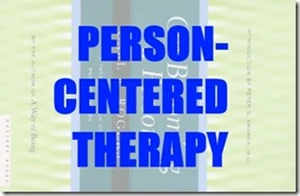Copyright © 2009 - 2026 - All Rights Reserved
Social Work Test Prep, LLC Pass the social work licensing exam with realistic practice. Full-length SWTP practice tests have helped thousands of social workers prepare for the ASWB Bachelors, Masters, Advanced Generalist, and Clinical exams. You’re next! Pass the LCSW, LMSW, LICSW, LGSW, or LSW exam. Connect with a study group or get tutoring from an experienced social work tutor. Free practice test and study guide with sign-up. All SWTP content is reviewed by licensed social workers. Meet the team. Get practice, get licensed! For continuing education units, use SWTP CEUs

 Person-Centered Therapy (sometimes PCT) is the default setting for the majority of psychotherapists practicing today. Carl Rogers led the charge away from traditional psychodynamic therapies in the 1950s, suggesting a warmer approach which sees clients as motivated toward self-actualization. With a person-centered approach, therapists no longer held a blank-slate position with clients, instead engaging with them more openly. Rogers proposed core conditions necessary for growth in his client-centered, humanistic therapy. From
Person-Centered Therapy (sometimes PCT) is the default setting for the majority of psychotherapists practicing today. Carl Rogers led the charge away from traditional psychodynamic therapies in the 1950s, suggesting a warmer approach which sees clients as motivated toward self-actualization. With a person-centered approach, therapists no longer held a blank-slate position with clients, instead engaging with them more openly. Rogers proposed core conditions necessary for growth in his client-centered, humanistic therapy. From